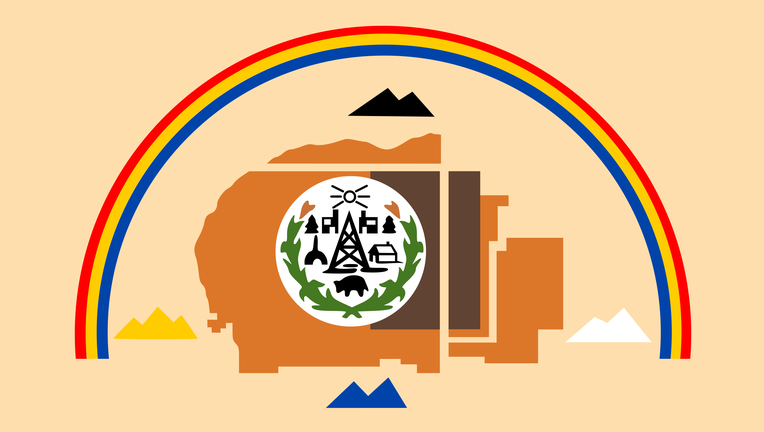Supplies brought to Navajos who lack running water at home

ALBUQUERQUE, N.M. (AP) - Health officials have been telling people for weeks to wash their hands thoroughly to help prevent the spread of coronavirus.
That’s not always an easy task on the Navajo Nation, where 30% of residents on the vast reservation don’t have running water in their homes.
The Navajo Department of Health and Navajo Area Indian Health Service says the number of confirmed positive cases of COVID-19 has reached 115 for the Navajo Nation, which covers parts of New Mexico, Arizona and Utah.
Navajo Nation President Jonathan Nez was expected to announce Sunday a curfew from 8 p.m. to 5 p.m. that will go into effect Monday.
MORE: Tribes take measures to slow spread of new coronavirus
The stay-at-home order that Nez announced last week will remain in effect.
“We know some may need food, medicine, or other essential items, but beyond that we shouldn’t have anyone traveling or going out into the public,” Nez said in a statement.
In response to the virus, the Navajo Tribal Utility Authority has delayed water and power disconnections. The Navajo Times reported that in the small community of Chilchinbeto, first responders were delivering bottled water and other supplies to residents.
But buying water bottles becomes an issue when the few grocery stores have been forced to limit purchases, said Cindy Howe, a project manager for DigDeep, which installs water systems in Navajo homes.
Howe lives on the Navajo Nation about 18 miles (29 kilometers) from Grants.
“We are seeing the shelves here have shortages of cough medicine, hand sanitizer, Clorox wipes and, yes, water bottles,” Howe told the Albuquerque Journal. “But Navajo people are very resilient. Our elders are smart and careful about what they buy.”
The Journal reports DigDeep is working with St. Bonaventure Indian Mission and School in Thoreau and the Navajo chapter houses to ensure water deliveries continue.
“We deliver water to 220 homes and have two water spigots here at the mission that serve about 500 families,” said Chris Halter, executive director of St. Bonaventure. “We know good hygiene and washing hands is important to combat this disease, so these water deliveries quickly become lifesaving.”
According to the Journal, the Mission has instructed workers and volunteers to fill water tanks quickly and practice social distancing. In addition to water, the Mission is delivering 120 meals twice a day to schoolchildren in the region.
Of the 115 Navajo Nation coronavirus cases, authorities said 94 are on the Arizona portion of the reservation.
The federal government has allocated about $8 billion for tribal governments in the new $2 trillion coronavirus spending package.
Nez approved $4 million last week for the Navajo Department of Health to combat the coronavirus and provide medical supplies and water.

